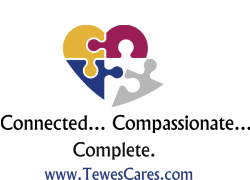|
If you have more than one child, deciding how to distribute your assets among them may prompt some angst: If and how should your will or trust reflect your understanding of their different needs? According to a Merrill Lynch study, two-thirds of parents over age 55 are open to the idea of unequal bequests.
"Fair" does not necessarily mean "equal." If one child has invested considerable time caring for you during health challenges—perhaps giving up valuable income-earning years—should that be reflected in their inheritance? Again, two-thirds of parents think it should. (Not all children agree.) If one child is in a lucrative profession and the others are not so well paid, should you bequeath equally or according to need? Should a health-challenged child get more? What if some of your kids have children and others do not? Should the nonparents get less? Money does not equal love. This is a self-evident truth. But as a culture, we tend to view money as a proxy for affection. Differing amounts can bring up old resentments. "Dad loved you best …" These feelings may even play out in a court battle. (Sigh) There are myriad ways to divide the pie. Here are three common scenarios:
Work with an estate planning attorney. There may be options you hadn't thought of and details you need to include. You will need an attorney to draw up the final documents. Are family dynamics a source of worry for you? We are experts in the needs of aging families. Give us a call: 203-826-9206. Learn more about our aging life services.
0 Comments
Your comment will be posted after it is approved.
Leave a Reply. |
AuthorLeslie Alin Tewes is a Geriatric, Disability & Medical Care Manager; Elder and Adult Care Advocate; Quality Improvement Specialist. Archives
July 2024
Categories |



 RSS Feed
RSS Feed

